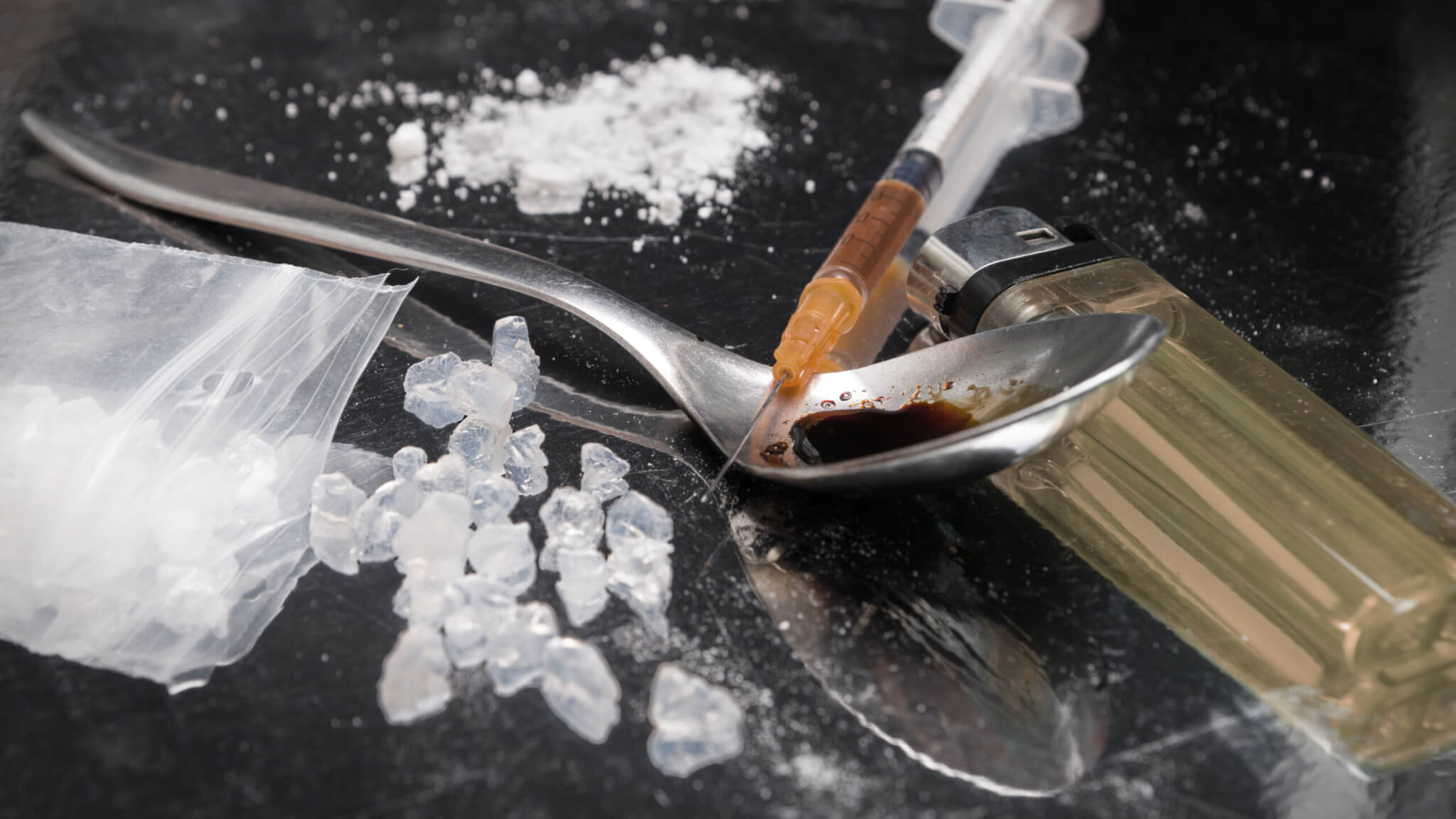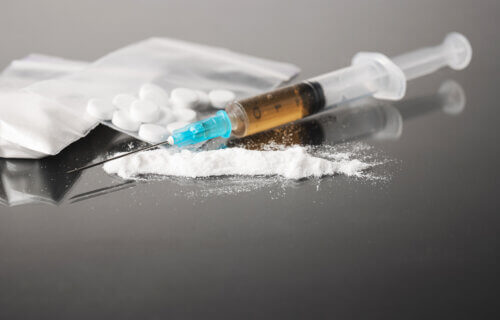🔑 Key Findings:
- 35% of illegal drugs on the dark web do not contain the substances they claim to.
- Drugs claiming to be ketamine contained potentially deadly ingredients.
- Dark web cryptomarkets allegedly allow buyers to review their purchases.
MELBOURNE, Australia — Scientists are issuing a dire warning for those who buy illegal drugs on the dark web. A study from RMIT University researchers in Australia reveals that 35 percent of drugs bought online do not contain the substances they claim to.
Researchers analyzed 103 illicit drug samples purchased from the now-defunct dark web forum Test4Pay, in a collaborative effort involving the Australian National University, UNSW Sydney, and the Canadian testing facility Get Your Drugs Tested. Despite the common belief that cryptomarkets — a term for online vendors on the dark web — tend to offer purer products due to the possibility of customer reviews, the findings paint a starkly different picture.
Of the drugs tested, just 65 percent only contained the substances advertised. The study highlighted a worrying trend: 14 percent of the samples were found to be mixed with other psychoactive or potentially harmful chemicals, and a further 21 percent did not contain any of the promised substances. Surprisingly, MDMA, methamphetamines, and heroin showed consistency with their advertised contents. However, drugs purported to be ketamine, 2C-B, and alprazolam frequently turned out to be entirely different substances, escalating the risk of dangerous side-effects, overdoses, or even death.

Scientists particularly noted the inconsistency in cocaine samples; out of 19 tested, only four were found to be pure cocaine. The remainder were either adulterated with other substances or did not contain cocaine at all.
“Cryptomarkets allow anonymous buyers to review purchases, which theoretically means vendors who sell inferior products are more likely to receive bad reviews, thereby rewarding vendors selling superior products,” says study lead author Dr. Monica Barratt, the RMIT Vice-Chancellor’s Senior Research Fellow, in a university release.
“But despite this perception of accountability and quality, our findings show prohibited drugs purchased from cryptomarkets are still not safe from adulteration and substitution.”
This revelation comes amid a decline in dark web drug purchases in favor of more accessible platforms such as messaging and social media apps, as reported by the 2023 National Ecstasy and Related Drugs Reporting System survey. These platforms, while user-friendly, lack the security and review features of darknet markets, potentially increasing the risk to consumers.
The study also critiques Australia’s law enforcement-focused approach to tackling the issue, pointing out the resilience and adaptability of the darknet market ecosystem to legal disruptions.
“These apps are a lot more convenient and easier to use than the dark web, but they lack many of the security features and review capacities of darknet markets,” explains Dr. Barratt.

Currently, CanTEST stands as Australia’s sole drug checking service, with Queensland set to introduce its own services and Victoria considering similar measures. Drug checking, according to Dr. Barratt, offers a pragmatic approach to reducing health risks in an unpredictable drug market. By detecting hazardous substances early, these services can prevent potential overdoses and alleviate pressure on emergency health systems.
“What the service can do is explain the known risks of specific drugs, in a credible and non-judgmental way, enabling people who use drugs to adjust their behavior to reduce risk,” says Dr. Barratt.
Despite international examples of successful drug checking services operating for over half a century, Australia has been hesitant to expand these harm reduction measures. Critics argue that drug checking could implicitly endorse drug use, a stance Dr. Barratt and her team challenge. They stress that while no drug use is entirely safe, drug checking services provide valuable information on the risks associated with specific substances, allowing users to make informed decisions and potentially reduce harm.
The study is published in the journal Drug and Alcohol Review.
You might also be interested in:
- Legalizing cannabis leads to skyrocketing prices and potency of other illegal drugs
- Are you unwittingly volunteering your personal info to online hackers?
- Drug Used To Treat Cocaine Addiction Emerges As Powerful Colorectal Cancer Therapy
- Seizures of illicit party drug ketamine skyrocket 349% across the United States



